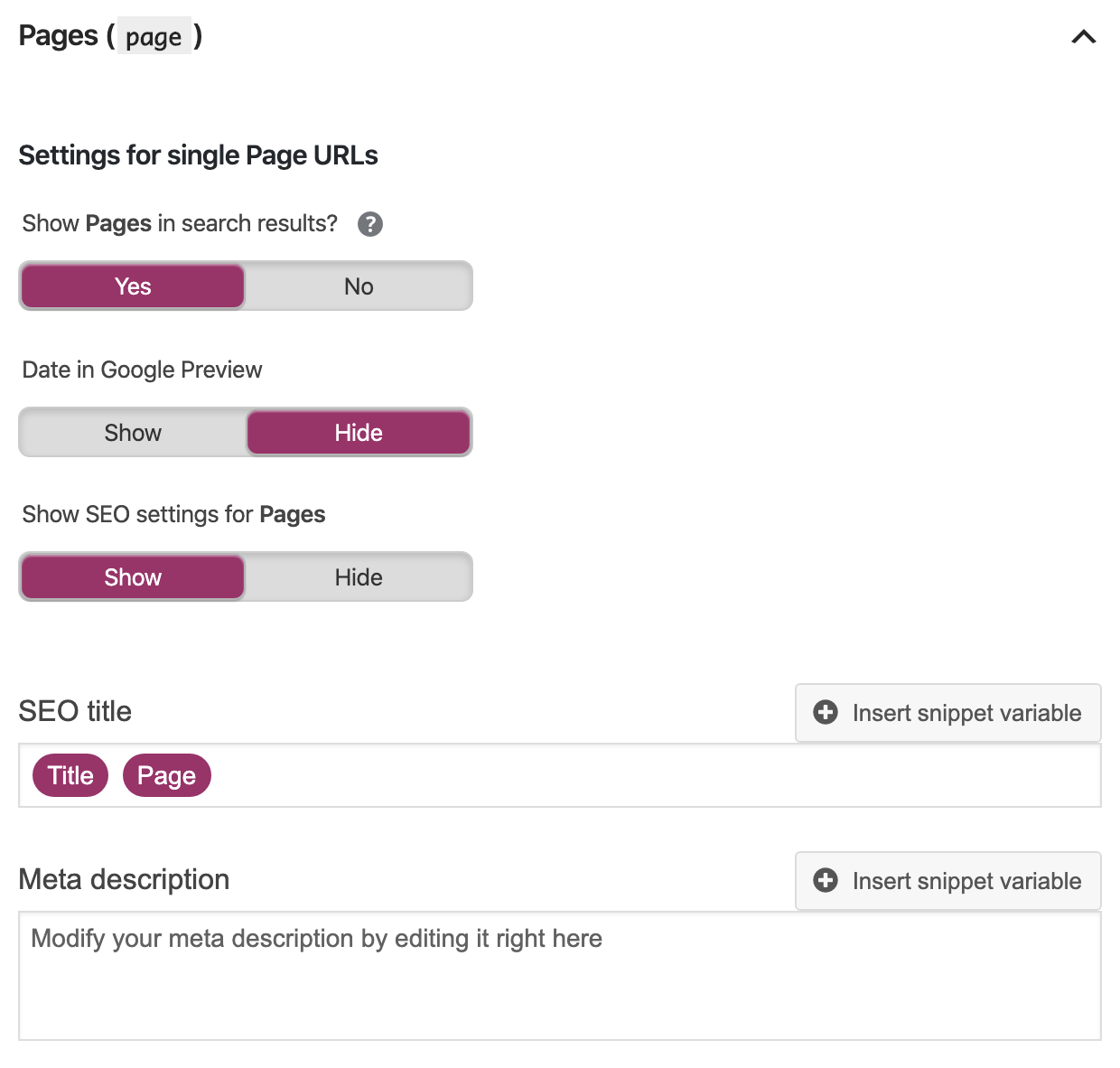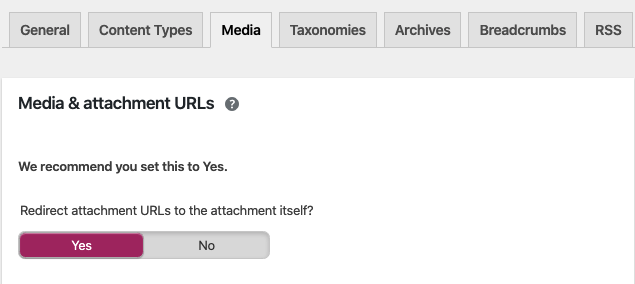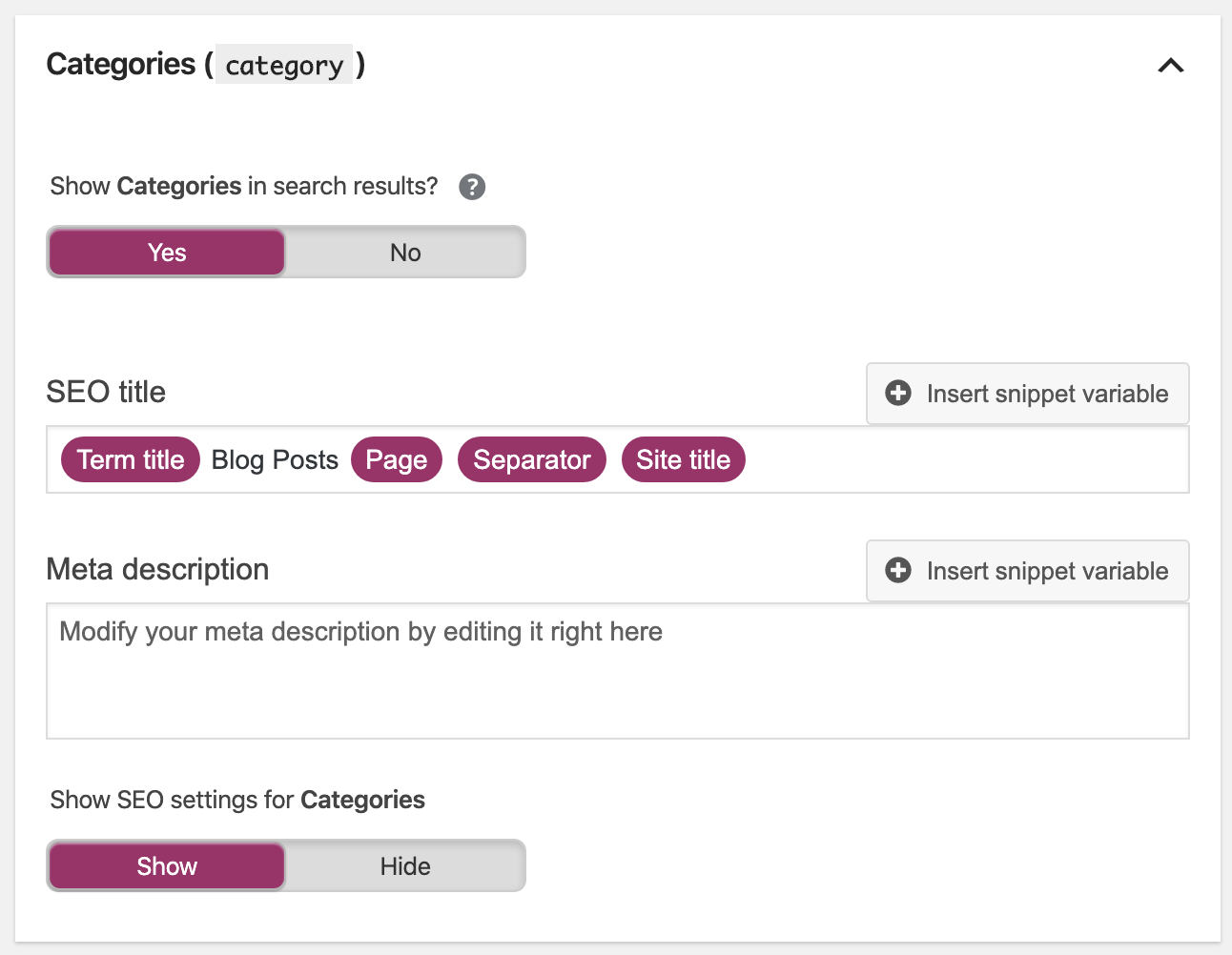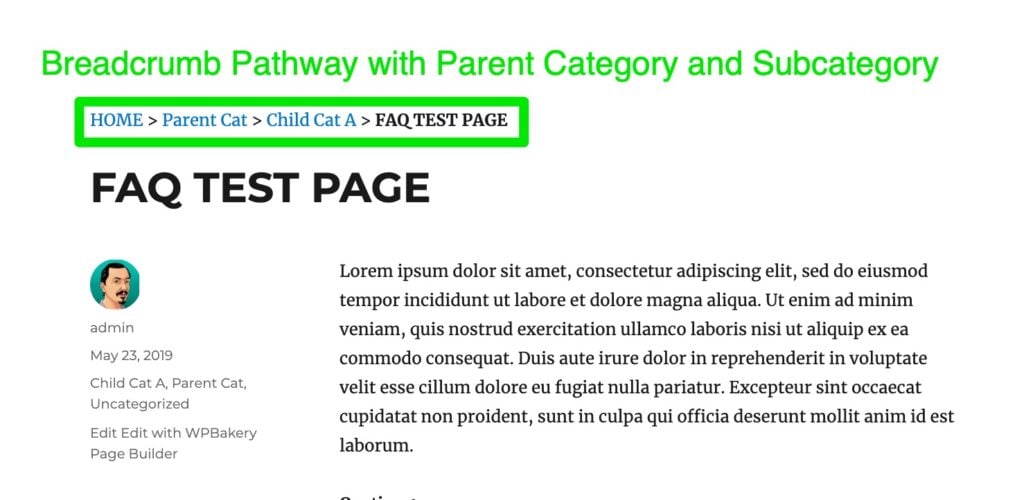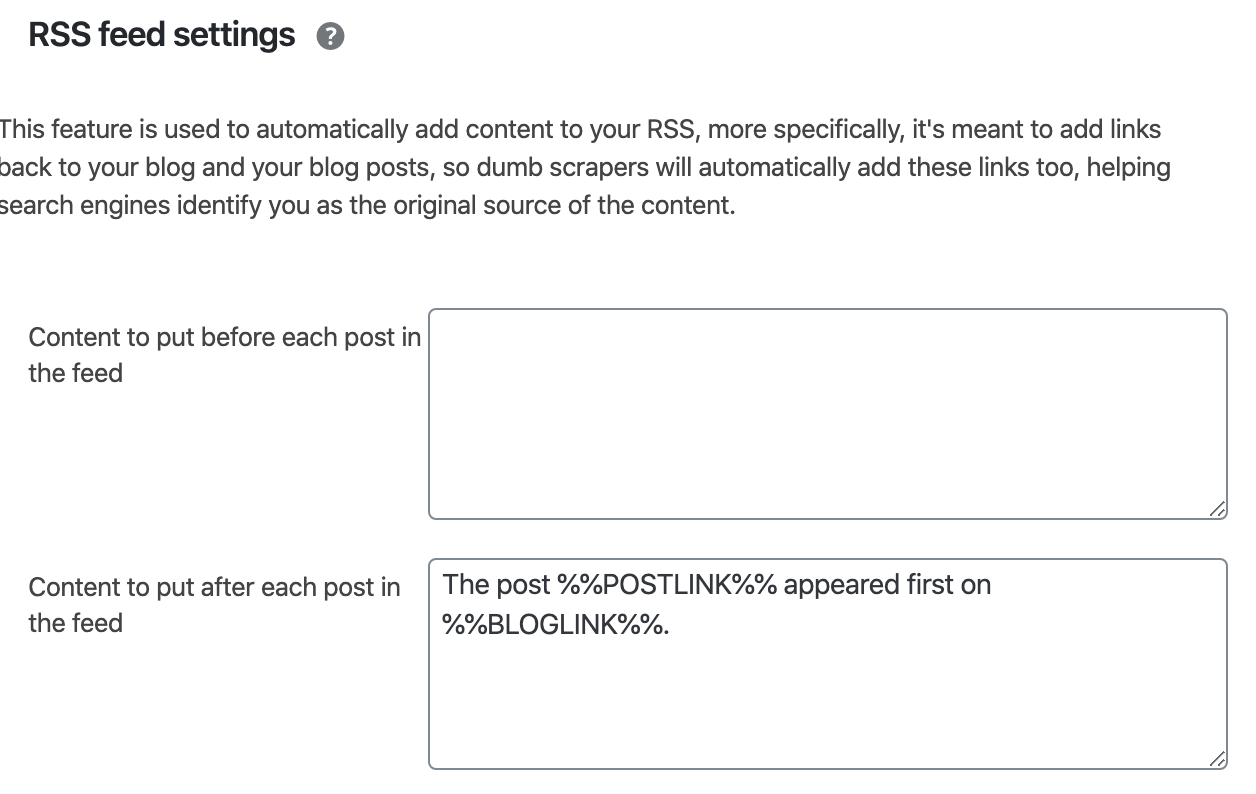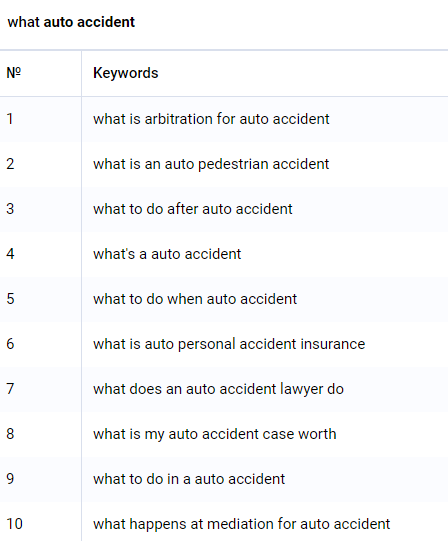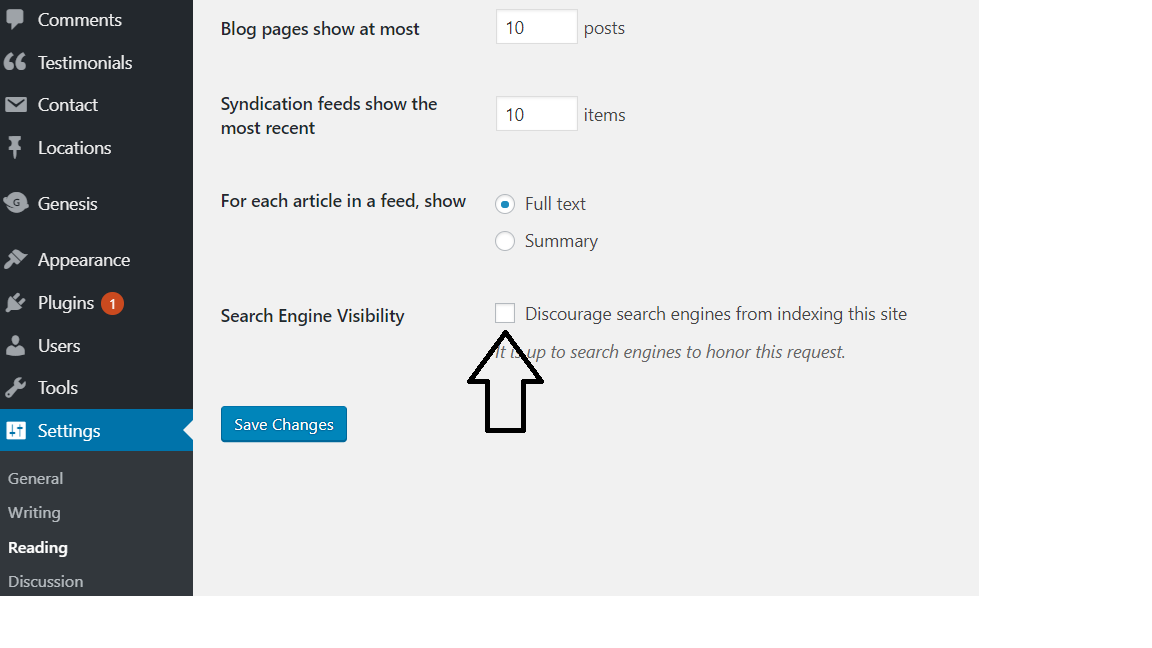It has been well established that a strong backlink profile is a key ingredient in the SEO mix. Upperranks has gone so far as to dub backlinks “the most important Google ranking factor.”
But not all backlinks are created equally. So what are the factors that influence the value of a backlink?
Domain Strength
Perhaps the most obvious method for assigning value to a backlink, domain rating is a numeric value given to a website’s domain based on the breadth of its backlink profile.
Mockingbird’s tool of choice for determining the strength of a domain is Ahrefs Site Explorer, which uses the term “domain rating” for its rating system. Other tools like, Moz and Majestic have their own terminology, such as “domain authority” and “trust flow.”
Minor differences aside, each of these tools essentially assigns a value to a domain based on the number and quality of backlinks pointing to it. When a high authority domain links to your website it passes value to your domain, thus improving your domain authority. This is often referred to as “link juice.”
As an example, Forbes has a domain rating of 93. Based on this metric alone, a backlink from Forbes would be considered quite valuable.

Domain Relevance
Domain authority is a signifier of backlink value, but determining true value is not so simple. In fact, a backlink from a domain with a rating of 30 could improve your ranking more than a backlink from a domain with a rating of 93.
The relevance of a domain’s subject matter plays a major role in how a backlink will affect SEO.
Location & Topic
Links from local sources are particularly valuable for SEO as they increase search engine confidence in the location of your firm and signify local authority. Domain subject matter relevance also improves the value of a backlink. For example, if your firm practices personal injury law, a link from the Brain Injury Association of America would be desirable, as it would be another signifier that your firm is an authority in its area of practice.
Anchor Text Relevancy
A link can be attached to words, which we call anchor text, or it can be listed as a plain URL. It is preferable for a backlink to be attached to relevant anchor text. So, which of these backlinks would be most valuable to Mockingbird?
- Learn more about our favorite digital marketing agency in Seattle here: https://mockingbird.marketing/
- Learn more about our favorite digital marketing agency in Seattle here.
- Learn more about our favorite digital marketing agency in Seattle.
That’s right, the answer is number three! (We’re so confident in you). The first link is less valuable because it’s listed as a plain URL. The second link is also not ideal, even though it is using anchor text because the text “here” is not relevant to our business or informative for search engines.
Number three is dream anchor text. It includes what we do and where we are. This backlink would likely help Mockingbird rank better for this exact phrase.
Number of Links Per Domain
The first link you receive from a domain will have more value than the second link from that same domain. So in terms of SEO, it is better to pursue backlinks from websites that have never linked to you, rather than chasing multiple links on the same domain. This is not to say a second or third link will not be valuable, but the returns are diminishing.
Backlink Age
A backlink from five years ago is less value than a link you received yesterday. This is part of why backlink development must be a consistent endeavor. Your stellar backlink profile will become stale if you do not continually to add to it.
Scarcity
If there are hundreds of backlinks on a page, the links will not receive as much value as it would if there were only a few carefully selected links on the page. Likewise, a domain which gives out links like candy is will not provide as valuable of a backlink as a domain which rarely links out.
On Page Location
Backlinks from the body of the text are more valuable from those placed in the sidebar or footer of a page. Moz explained the reasoning for this, saying:
“The best possible place for me to get a link is in the content, because that’s where the article or the editorial authority is coming from. Links from sidebars or footers are associated with advertising, promotions, or sponsorships, which don’t pass much authority.”








